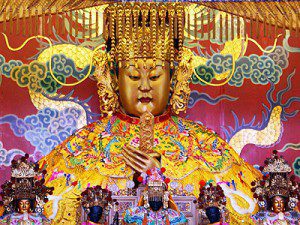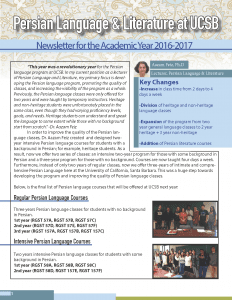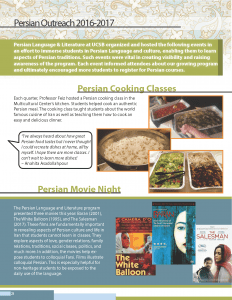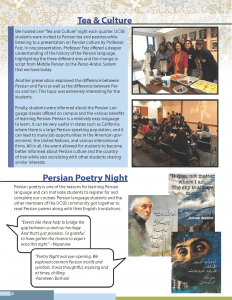 East Asian Religions as an Area of Study for Ph.D. students includes the study of Confucian, Daoist, Buddhist, Shinto, and folk religious traditions in China and Japan. Students concentrating in this cultural area are expected to pursue the following:
East Asian Religions as an Area of Study for Ph.D. students includes the study of Confucian, Daoist, Buddhist, Shinto, and folk religious traditions in China and Japan. Students concentrating in this cultural area are expected to pursue the following:
Language Training:
Students have the option to select emphasis A or B below. At the discretion of the student’s primary advisor, the required classes may be satisfied by appropriate language courses taken at other academic institutions. For native speakers of Chinese or Japanese, the classical language requirements still hold, while the modern language class requirement may be satisfied by taking non-language classes on religion taught in English.
- Premodern Focus: Two years or the equivalent of Classical Chinese and/or Classical Japanese are required.
- Modern Focus: Three years or the equivalent of modern Chinese or Japanese language are required. Also required is at least one year of Classical Chinese or Japanese. In addition, Ph.D. students who focus on modern religions must also submit a 30-page research paper on the premodern precursors of the modern religious tradition, text, or practice they plan to study.

Historical and Philosophical Training:
A basic working knowledge of the history and philosophies of East Asia is required of all students, including the comparative study of Chinese or Japanese philosophy and Western philosophical traditions. Students are also expected to be familiar with modern Western cultural and social theory, and are encouraged to link their studies to some aspect of these theories. Students should also have a working knowledge of the general history of major religious traditions in the world. Students may prepare themselves for this component of the program through courses, seminars, or guided reading programs in religious studies and/or cognate fields.
Social-Anthropological Training:
Students should also be familiar with approaches to East Asian studies that focus on contemporary and modern social life, kinship systems, ritual practices, gender and sexuality, politics and the state, and so forth, or, in other words, current anthropological and sociological approaches to East Asia through fieldwork, social surveys, etc.
Disciplinary Method and/or Theory:
Students are required to take two courses in theory or methodology in the disciplinary emphasis they have chosen, e.g., history, anthropology, sociology, philosophy, philology, media studies, etc.
- Intern Year: Students are encouraged to spend at least two quarters at an EAP study center in China or Japan. Equivalent language classes taken in China or Japan may satisfy the language requirement.
Faculty in the concentration: Professors Steavu-Balint, Rambelli, Wallace, and Yang
















